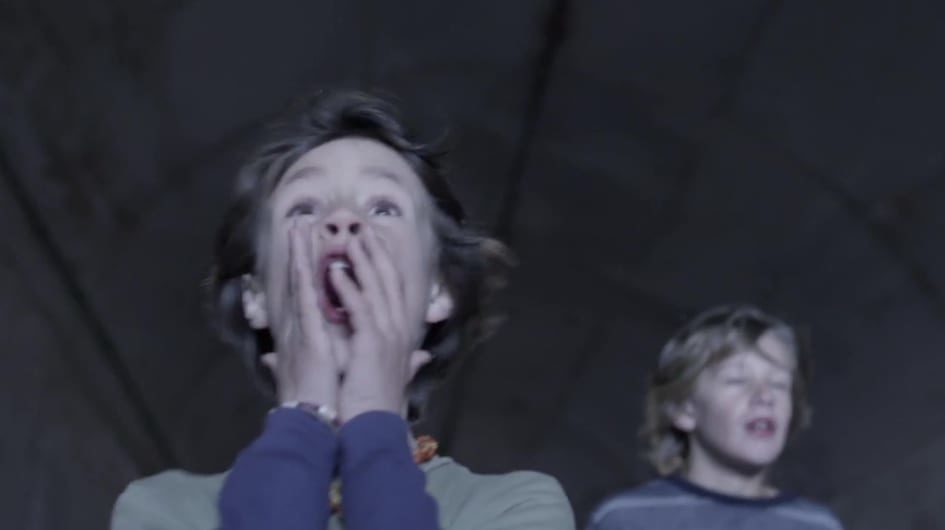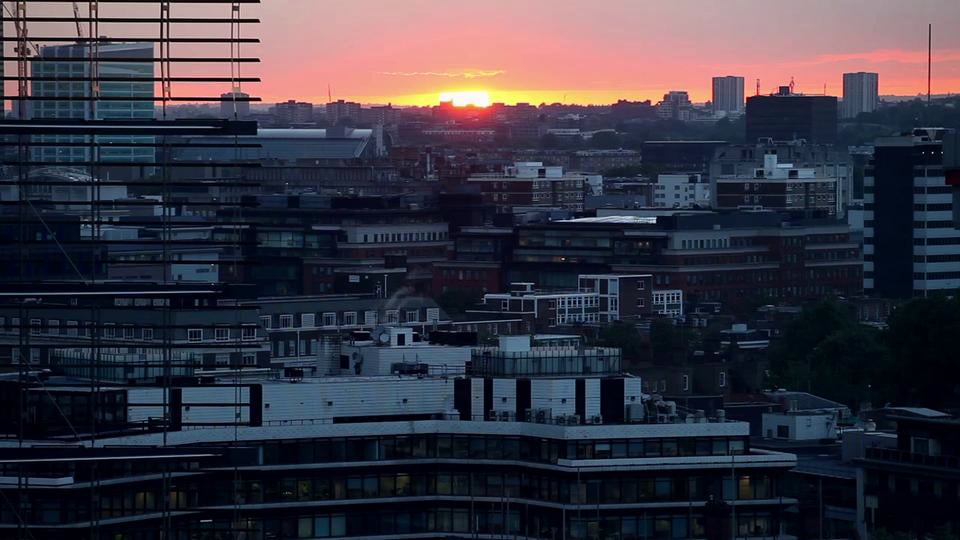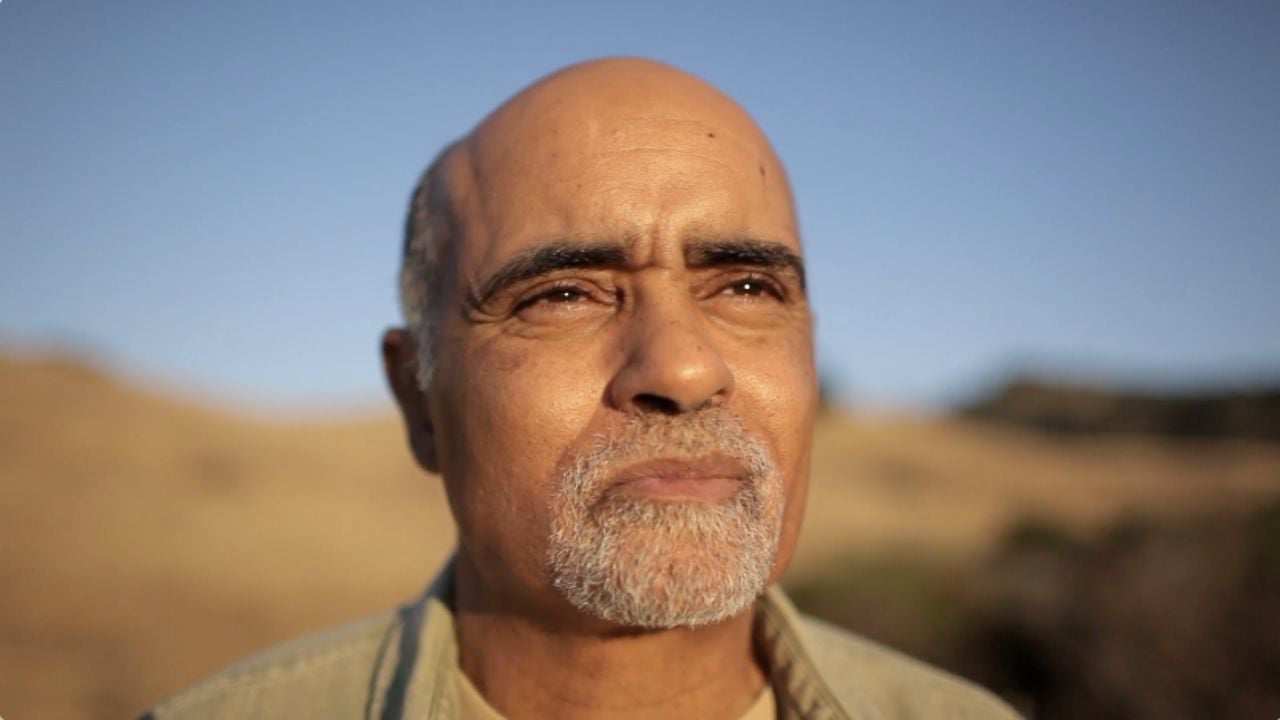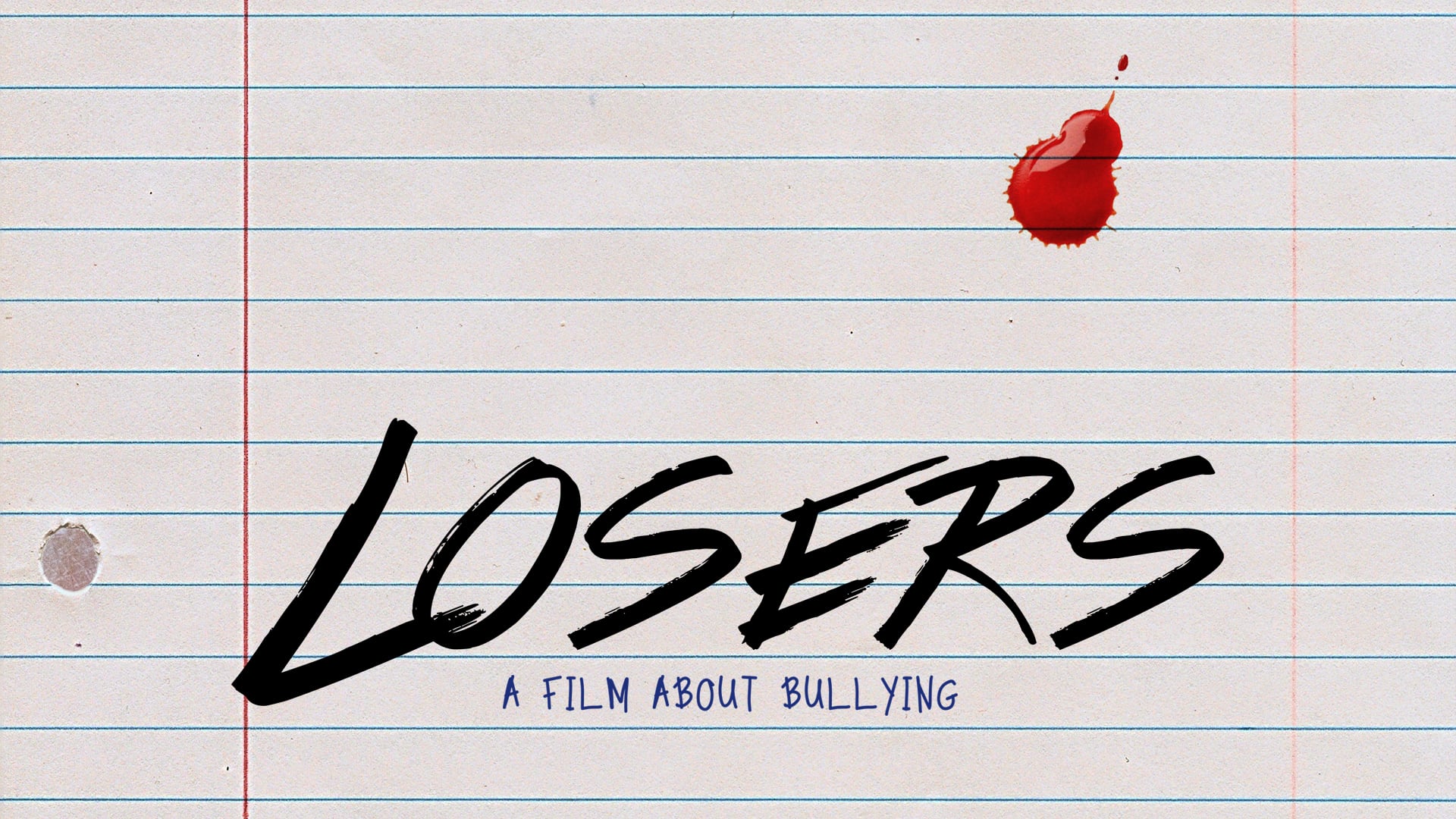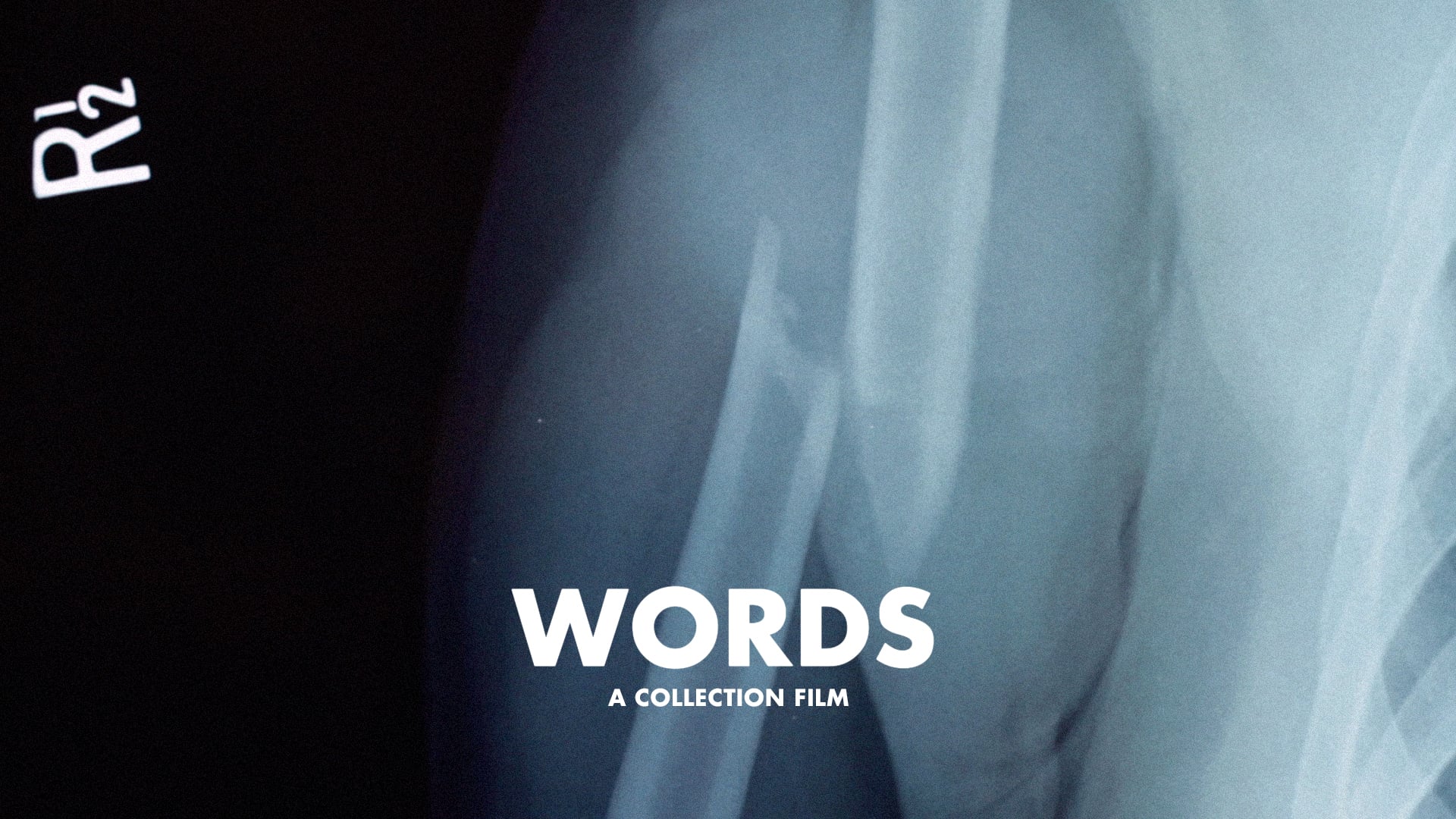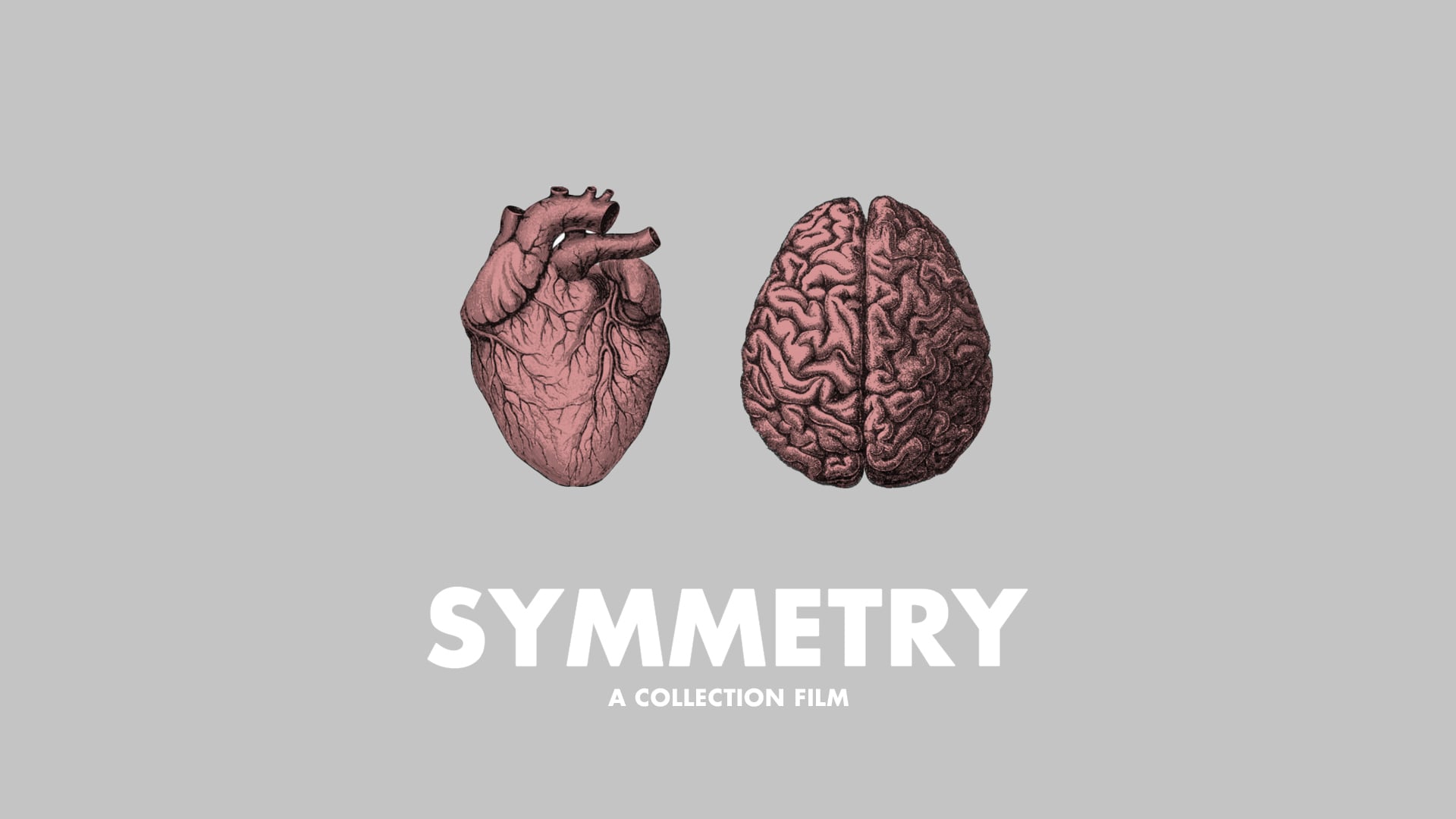Deftly balancing documentary technique with a crystal clear conceptual drive, Everynone’s work enchants, beguiles and more often than not delights with its kick-yourself-for-not-thinking-of-it simplicity.
Yet, alongside their more life-affirming pieces, their projects often display a fearless acceptance of the inevitability of death and a depth of focus that’s anything but blindly optimistic. Alongside their short “Laugh” – composed entirely of found footage – sit films that have tackled the problems of the US healthcare system and, more recently, teenage bullying.
OnePointFour shot the breeze with Everynone and came away with as many new questions as answers.
What are your backgrounds – you all met at college right? Were you film majors?
Generally, our backgrounds are fairly similar. All three of us are suburban kids that went to college because it was “the right thing to do”. Things didn’t really start making sense until our formal education was out of our system. Basically, the years right after school is when we started working with one another on a personal, heart-felt level. We had this deep bond with our interest in normal, everyday things.
Do you each play specific roles in the collaborative process?
When we first started working with one another, we didn’t think of ourselves as a directing team or production unit. We were just three guys who wanted to make films about these ideas we believed in – we wanted to capture the beauty in normal things that are everywhere.
Some projects were all three of us and some projects were just two of us, and at first we credited it as such. As the work progressed, and our voice as filmmakers hardened, we realized there was a consistency to what we were doing, and that there was this potential for the body of work to be bigger than us. Everynone became this frame or thought, or philosophy, and it just felt really good to credit the work as that idea as opposed to us as individuals.
Would you describe your work as documentary?
We don’t think of our work as documentary, and we definitely don’t think of our work as fiction either. We’re not sure our films fit well into either of those boxes as we often blend techniques from both disciplines. Amongst ourselves, we often call them concept-driven films, or idea-based films.
One of the themes that seems to recur throughout your films is the sense of the fragility of life – from your Four Corners of Health Insurance series right through to Symmetry. There’s an appreciation for the life/death balance that’s neither morbid nor nihilistic. What is it about this aspect of existence that interests you?
We want our films to feel like a complete thought. We have an innate drive to capture this “objective” voice, and even though it’s impossible to cover every angle on a thought, it’s often our goal while making things. That said, life starts when you’re born and ends when you die, and that’s the pool of information we can pull from when trying to capture a complete experience.
There’s also a certain rawness to the way you depict people – the elements and aspects of the lives you show and share are usually quite mundane but bizarrely are more interesting because of that. Is that a conscious intention – to show people as they are rather than using the camera as a prescriptive tool to tell people what they ought to be?
The way we depict people really boils down to a personal place. To say the rawness is intentional sounds a little bit too intellectual. Our aesthetic and perspective is not something we think about and plan nearly as much as it’s something we believe in. There are truly beautiful things about everyone in every situation. We’re just looking to capture some of these things and most importantly, learn from other people’s purity.
Are you working on anything else at the moment that you can tell us about?
We’re working a number of things at the moment, ranging from short films, to a long-form project, to children’s books, to web-based applications. If all goes as planned, the next year should be super exciting.
LINKS:
